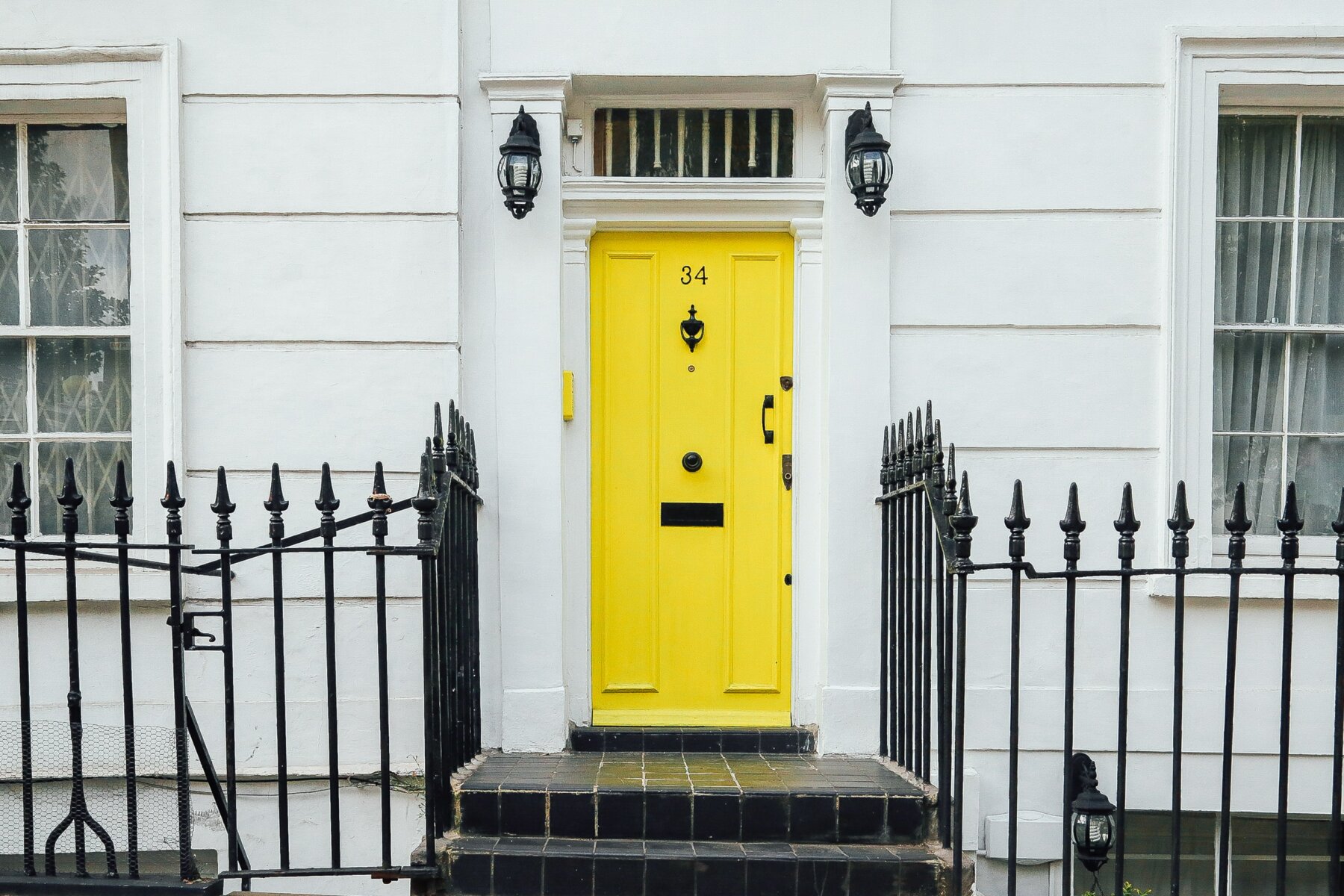
Photo by Evelyn Paris on Unsplash
A 2018 study by the National Association of Realtors shows that the medium duration of homeownership in the US is about 13 years. That means most Americans are comfortable buying or building and home and residing in it for over a decade.
However, if you are someone who wants to minimize the losses or possibly make a profit after selling a home you have occupied for a couple of years, staying in a home for 13 years may not be the best decision.
In this article, we will discuss everything you need to know about how soon can you sell a house after buying It. By the end of the article, you will have a clear idea of the costs you will incur when you choose to sell your house; say after two or five years.
It is these costs and the appreciation rate of your property that will guide you in determining how long you should reside in a house you have just bought before you think of selling it.
Common reasons for selling a house shortly after buying it
There are a couple of reasons why one would choose to sell their home after occupying it for a short while. Some of the common ones include the following;
- Job/business relocation: If you get a new job or start up a new business that requires you to drive miles every day to reach your new workplace, then relocating is always a better financial decision. In this kind of scenario, you will have to sell your house even if you have just acquired it.
- Drastic income changes: For instance, if you lose your job after acquiring a fancy house in an expensive neighborhood, maintaining the standards of living in such a situation might be hard. In this case, selling your house could be the most logical decision.
- Unfriendly neighborhood: It is a common mistake to choose a neighborhood without looking at all the crucial things you care about. For instance, you may buy a nice-looking home in a posh neighborhood, but later realize the noise pollution it has is unbearable for your family. Such a situation could force you to sell your home.
- Relationship changes: If you happen to marry soon after buying a new house, you may consider relocating if the house doesn’t meet the needs of your new love.
- Security concerns: If your new neighborhood is not as secure as you expected, you might be forced to sell the new house and move to a much safe neighborhood.

How long to live in the house before selling
There are several factors that you need to carefully consider while deciding how long to stay in a home. Some of the key factors that you might have to consider before making the choice to sell include;
- Closing costs: All the fees involved in buying and selling a house
- Capital gains tax: Levied on the profit you make after selling the home
- Appreciation: The increment in the value of your property
- Mortgage interest rates.
There are several other factors you may consider, but the four above are the major ones. Let us look at these two scenarios and see how these factors play out.
Selling a house within a year of purchase
The closing costs of houses in the US are usually between 3 to 6%. When you consider an annual home appreciation rate that is between 3.5 to 3.8%, it doesn’t make sense to sell your home after one year of occupation if factors in capital gains tax as well.
So, selling your house after occupying it for one year is not a good financial decision unless you get a buyer willing to pay way more than you bought the property such that the profit made offsets all the costs involved.
Selling house before 2 years
You will most likely not make a net profit if you choose to sell your home after two years of occupation.
The appreciation made in two years will likely not be enough to offset the closing costs and capital gain taxes. So, selling after 2 years is also not a viable decision.

Break-even point
This is the point where all the total costs incurred including, closing costs, home maintenance costs, mortgage interest rates, capital gain taxes, and many more are equal to the capital appreciation of your house.
If you want to make a profit, it is better to sell your home a couple of years after the break-even price.
How to calculate the Break-even price
Calculating the break-even price requires you to add up all the costs incurred while owning the house and the closing costs you will incur while selling it.
For example, if you bought the house at $250,000 and the total ownership costs plus the closing costs add up to $30,000, the break-even price, in this case, is $280,000 ($250,000 + $30,000). You may also include the capital gains tax to get a more accurate value.
In the above scenario, it would only be recommended to sell the home you get someone willing to pay more than $280,000 by a considerable margin.
The 5 Year Rule
The five-year rule states that new homeowners should stay in their homes for at least 5 years to avoid selling their houses at a loss. Yes, in some cases it is possible to make a profit when you sell your house after two or three years of occupation.
However, selling before five years often leads to losses or insignificant margins most of the time.
So, if you want to make a significant margin from your house sale, it is better to wait for at least 5 years before you think of selling it. Of course, there are some urgent factors like the ones we discussed earlier in this article that could force you to sell your house sooner than five years.
But in an ideal situation, selling your home before occupying it for at least five years is not a smart financial move unless you get a buyer who’s willing to pay a hefty amount for the home.

When does it benefit you to sell fast?
- When you get way more than the breakeven price
If you happen to get someone who is willing to pay a price that is way beyond your break-even price, then selling fast is not a bad idea in that case. Such scenarios can come when someone wants to buy a house with the exact features and in a location like the one you are in.
In such situations, buyers are often willing to pay more than the market value of the house in that location.
- The anticipated drop in market prices
This could be for the entire US economy or the specific location where the house is located. If you can sense a likelihood of prices of houses going down in the next couple of years due to certain factors, then selling fast is a viable decision in that situation.
However, it is uncommon for house prices in the US to continuously go down for a couple of years. But if such a situation arises, selling is always a much better option than holding.
- When there is a cheaper property in a better neighborhood
It is common for people to sell properties in good neighborhoods for prices below the market value. This usually happens when the seller is in need of cash to solve an urgent problem.
In such a situation, they are always willing to sell their house for way less than the market value. If you happen to get such a deal, it would make a lot of sense to sell your home sooner than you should.
- Huge maintenance costs
If you buy an old home without clearly assessing it, you may end up incurring lots of maintenance costs that you hadn’t planned for. In such a scenario selling fast would be a much better decision especially if the maintenance costs are more or close to the annual appreciation rate.
If you do your math and determine that the cost of maintaining that home will likely lead you into further losses even after five years of occupation, selling fast becomes a better decision to minimize the losses made.
- If you can avoid the capital gains tax
One of the major costs incurred while selling a house is the capital gain tax. This tax can be as high as 15 or 20%. So, if there is a way you can avoid this huge tax if you sell fast, then sell.
Fill This Form And Get Your Offer In Less Than 24 Hours
We buy houses in Youngstown, Ohio, and surrounding areas with cash in as little as 7 days.
Direct and Indirect costs
There are several costs incurred during the ownership and selling of a home. Some of these are direct and some are indirect. Let’s look at some examples of these costs.
- Mortgage prepayment penalty: This is the fee you pay for paying off your entire mortgage sooner than the agreed mortgage duration. Some financial institutions charge this fee in order to discourage borrowers from paying off their mortgage sooner than agreed. Most lenders would want you to pay the mortgage within the agreed period so that they collect all the interest you are supposed to pay. A mortgage penalty is a direct cost.
- Negative buyer perception: A negative buyer perception is when the potential buyers of the property are not willing to pay an amount worth its market value due to a number of factors. One of the factors could be the perceived value that the buyer has in mind. So, getting buyers with a negative perception can significantly lower the potential amount you will get from the house sale.
- How much capital gains tax will you pay? Capital gain tax is the tax levied on the profit you make after selling a property. This tax is usually between 15 to 20% of the profit. Capital gain = capital gain = final sale price – (the cost of acquisition + house improvement cost + transfer cost). For example, if the total cost for acquisition of the house, improvements, and transfer costs is $250,000, the capital gain if you sell the house at $300,000 is $50,000. So, the 15 or 20% tax will be levied on the $50,000. It is one of the major direct costs that you need to plan for before you think of selling the house.
How to cut your losses
If you end up in a situation where you have to sell your house, there are a number of ways you can avoid making losses. Let’s discuss some of these ways;
- Selling to investors like Guardian Home Buyers: These investors are usually willing to pay you money that is within the range of the industry market value of the house. It is much better to sell to such investors than to individuals who may have a relatively lower perceived price.
- Let go of bad deals: Even if you urgently need to sell the property, it is always important to have a minimum possible amount that you can accept. Otherwise, you will end up falling for bad deals just because you want to make a quick sale.
- Consult professionals: Real estate professionals spend most of their time assessing the markets. So, they most likely know more about the market than you do. Yes, you will pay consultation fees, but the knowledge you will get from these professionals is worth the cost.
- Be objective in your decision-making: By nature, our decisions are usually influenced by our emotions. If you want to minimize losses in your real estate journey, it is always best to make decisions based on facts and figures.
What happens to equity when you sell your house?
Lastly, when you sell your home, the amount you get can be used to clear the mortgage lender and all the costs incurred while closing the deal, including property gain taxes.
The balance you remain with (equity) can be used for several things. However, most people use it as a down payment for their new home.
As you already know, buying and selling a home is one of the biggest decisions people make in their lifetime. We hope that this article will help you make an informed decision on how soon can you sell a house after buying It.
